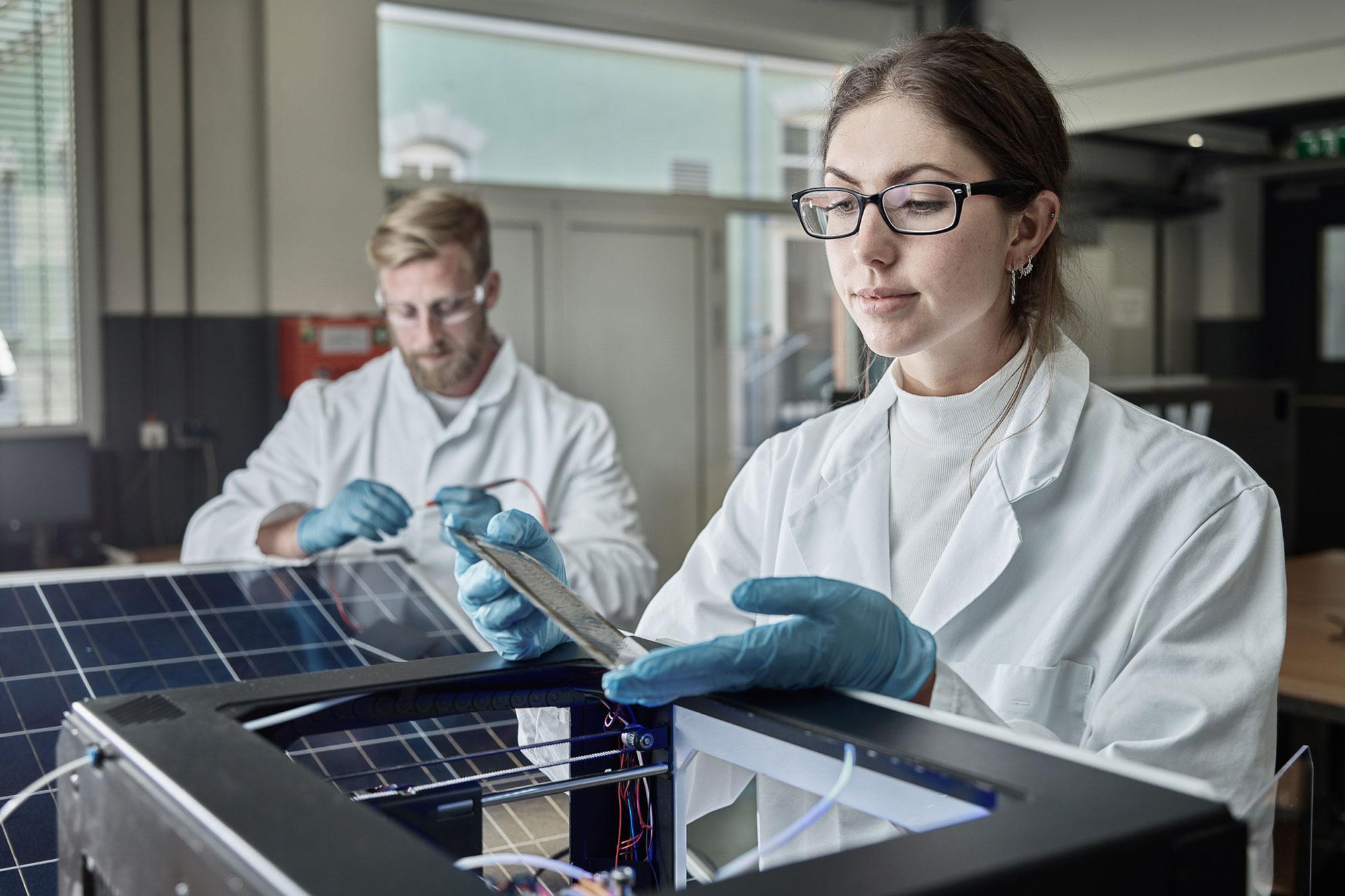A fellowship to conduct research abroad

187 postdocs are receiving a Postdoc.Mobility fellowship from the SNSF. 174 researchers will use it to finance a stay abroad, while 13 others will receive financial support on returning to a research institution in Switzerland.
A stay abroad is an important step for many researchers early on in their career. The SNSF offers postdocs the opportunity to conduct a project at a higher education institution or other research institution abroad. Applicants have a choice between two submission dates each year (1 February or 2 August). The financial support from the SNSF covers part of their living costs as well as travel expenses and research funds. A mobility fellowship enables exchanges between innovative research communities and think tanks. It not only furthers the researcher's scientific education, but also expands their network and their own horizons.
115,000 francs on average
Following the submission deadline in August 2022, the relevant evaluation panels reviewed 378 applications. The Research Council approved funding for 187 of them, corresponding to a success rate of 49%. 81 grants, or 45.5%, went to women, significantly exceeding the target of 40%. On average, researchers will receive a grant of 115,000 Swiss francs. 174 researchers will use it to finance a stay abroad of 12 to 24 months, while 13 researchers will be funding their return to a research institution in Switzerland after having been abroad on a Postdoc.Mobility fellowship.
From arable crops to amino acids
The funded researchers are conducting innovative projects in a variety of disciplines:
- Marta Andriiovych (archaeology) is going to England to find out how neolithisation spread across Europe. What role did the Black Sea region play? The mapping of settlement and burial sites using the latest methods will provide clues as to the routes by which the use of pottery and the culture of farming came to Western Europe.
- Martin Kahn (neurophysiology and brain research) is working on early detection of Alzheimer's disease while in the US. The focus is on a specific brain region: the noradrenergic locus coeruleus (LC). This is where the earliest signs of Alzheimer's appear. The goal of the project is to gain a better understanding of the disease in its early stages and thus enable more effective treatments.
- Julia Reisenbauer (organic chemistry) will also travel to the USA to research novel methods for the synthesis of beta-amino acids. These acids are considered to be valuable building blocks for the production of biologically active drugs and biomaterials.